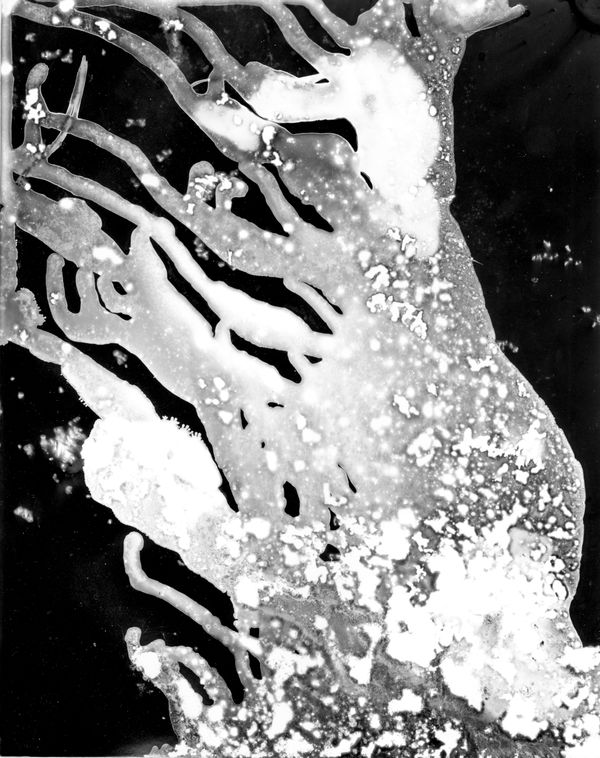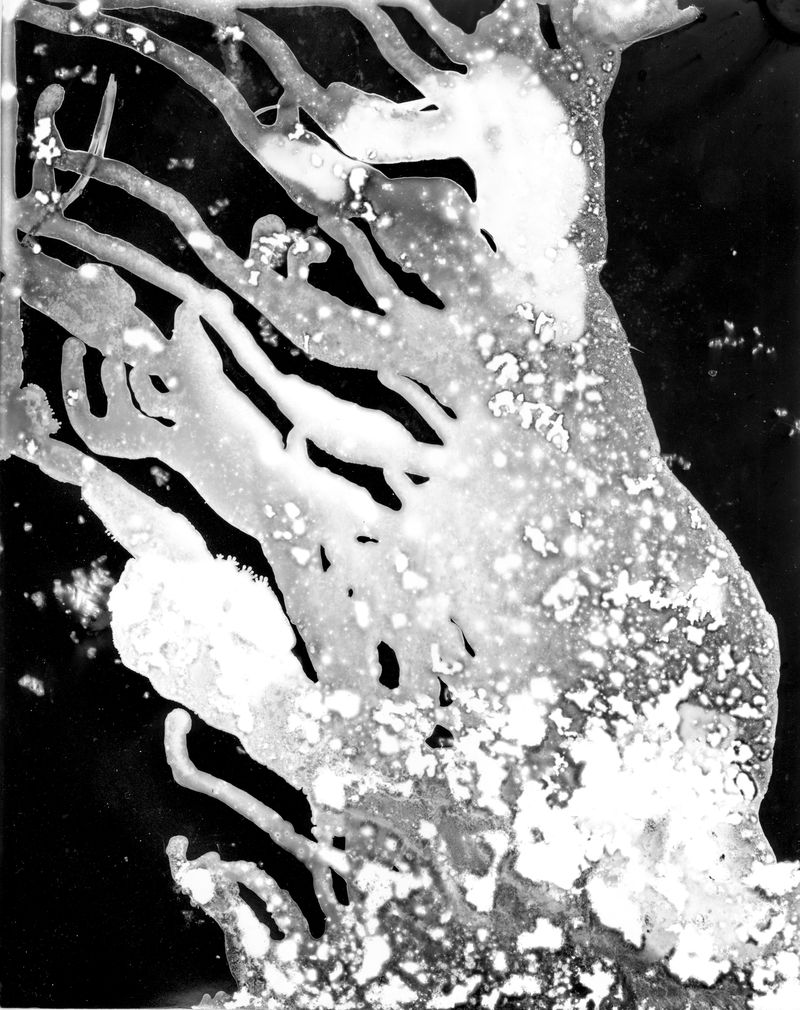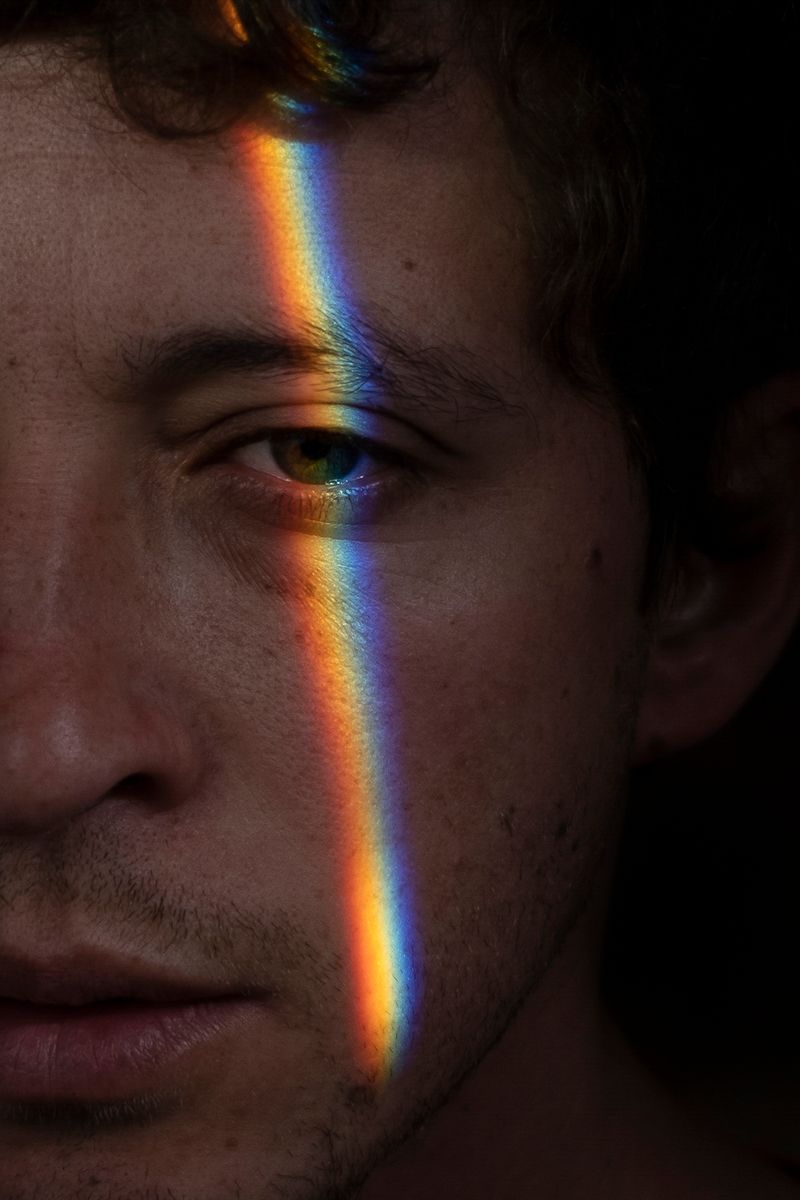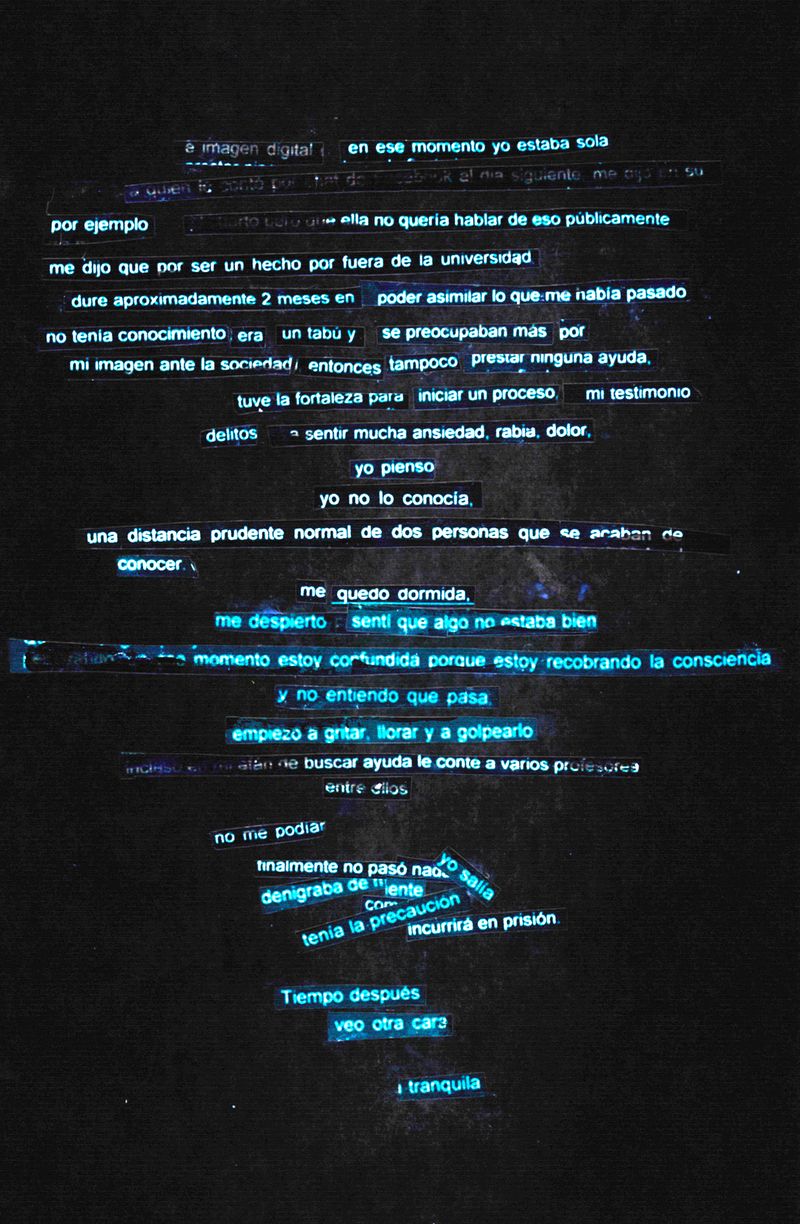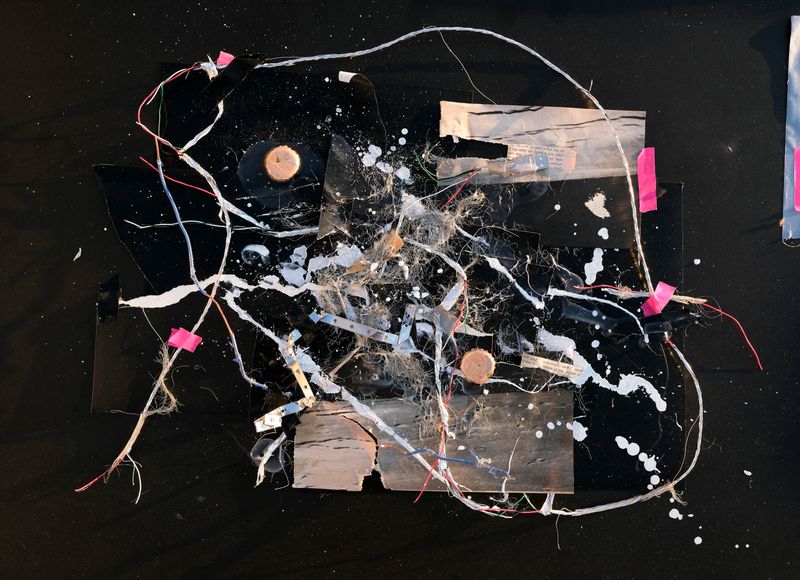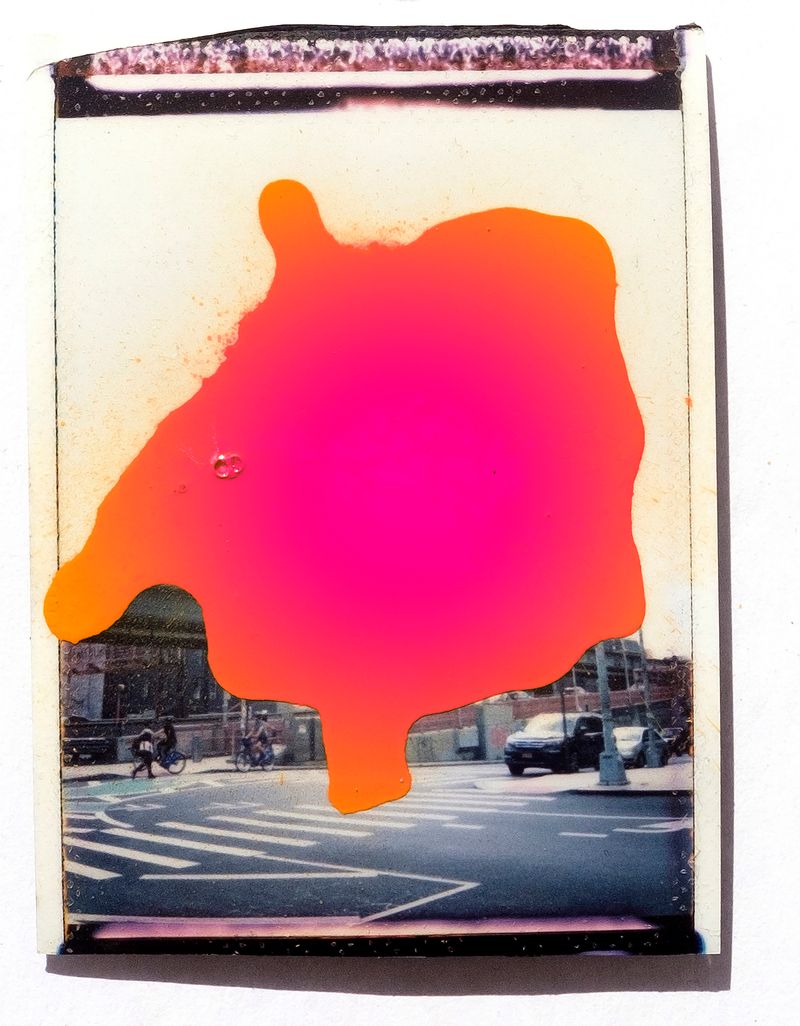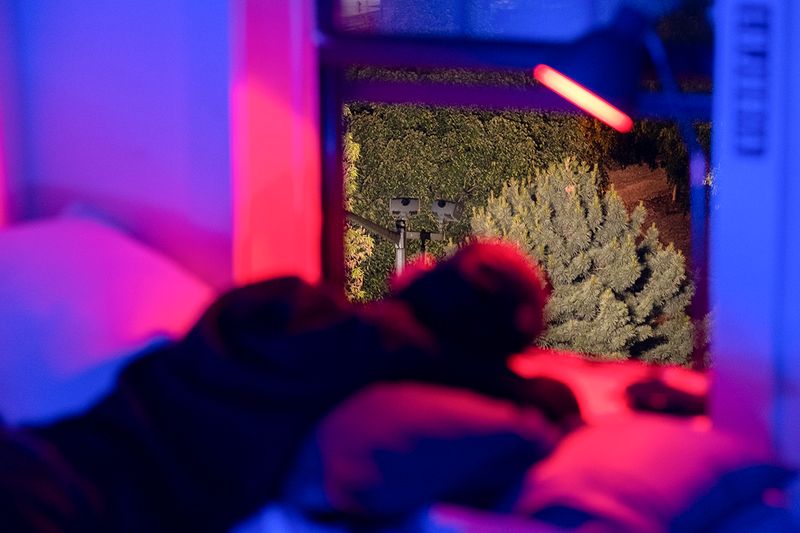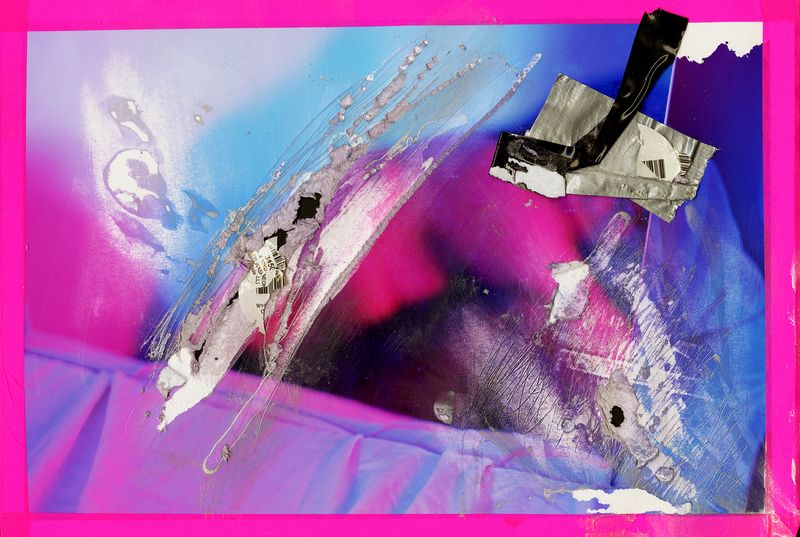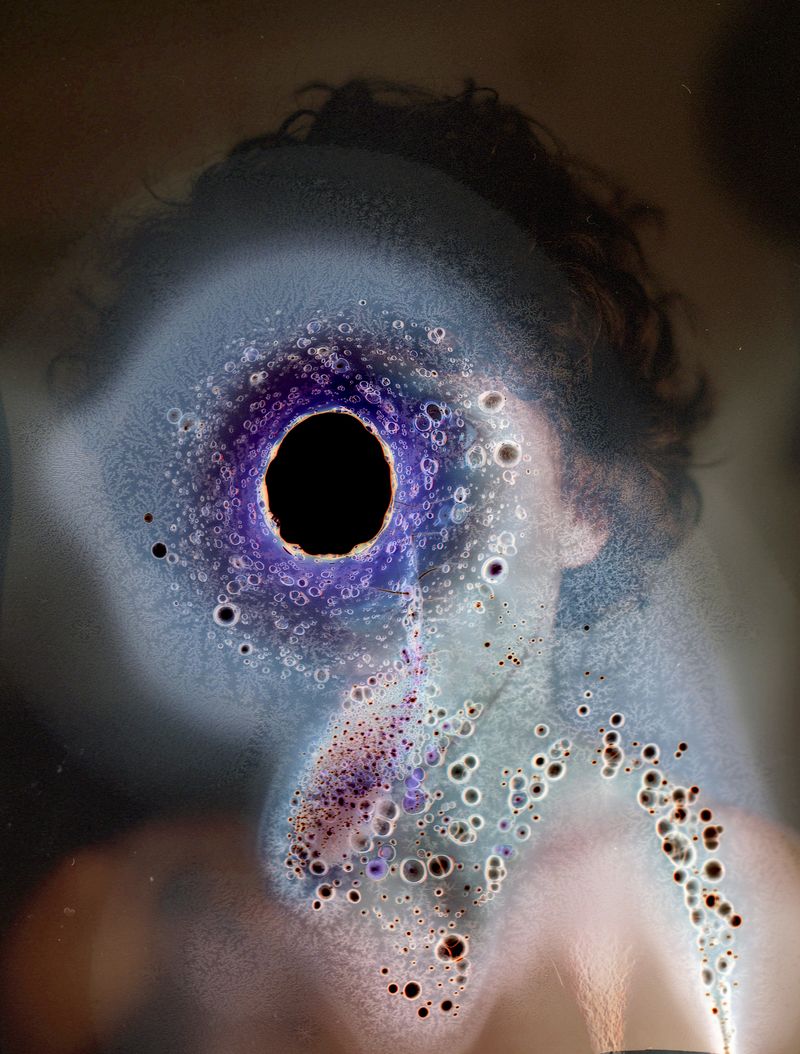Neuromantic
-
Dates2020 - Ongoing
-
Author
- Locations New York, Colombia
-
Recognition
My name is Ana and I am a love addict. All my life, I have been consumed by anxiety and trapped in a loop of idealizing unavailable men. In march 2020 the Covid 19 pandemic severely hit NY and I was suddenly trapped in my apartment with my anxieties.
This ignited a process of looking inward to dissect and find the source of my addiction. I started a multidisciplinary personal investigation where I merge neuroscience, psychology, images, and anonymously sourced data from questions I ask to strangers.
I photographed partners and close female friends and family members with whom I share similar histories and relationship experiences and my apartment became the stage where I could re signify my traumas and inner world.
I found studies that suggest that exposure to trauma can change the way genes express stress in our brain and that it can be passed on through generations. I discovered that emotional and physical abuse makes us develop an insecure attachment style with dysfunctional coping mechanisms, affecting the quality of our relationships and making us prone to addictions.
I realized my intense infatuations were a way to dissociate from reality and seek pleasure to anesthetize my life-long emotional pain.
I am currently collaborating with data scientist Andrew Hill, and together we designed an anonymous survey to assess how people experience emotions in relationships according to their attachment style. (Link to the surveys: https://forms.gle/C73DtN9CMN and https://forms.gle/i8YHZcH6pSBgbYHi6). The surveys provide a safe space of expression which will also give us insight into how people feel and perceive their intimacy. The next step is to design an interactive website where people can answer the survey and navigate other people's experiences.
Through this interdisciplinary scrutinization of relationships, Neuromantic delves into dysfunctional relationships to ultimately highlight why healthy relationships and trauma integration are for our wellbeing.


